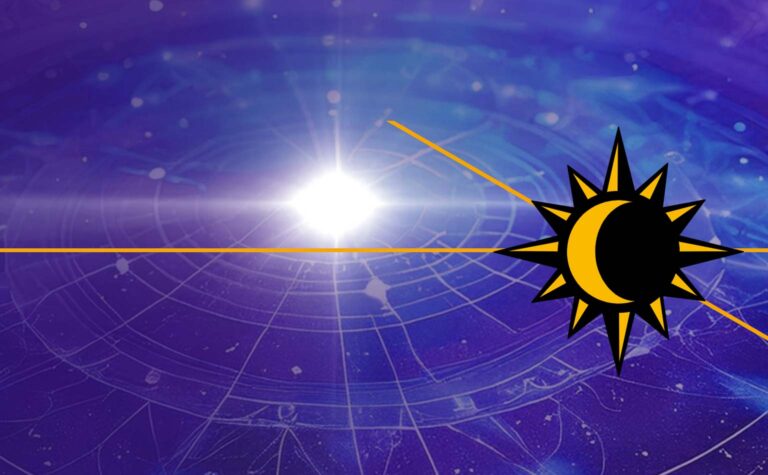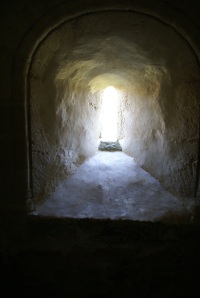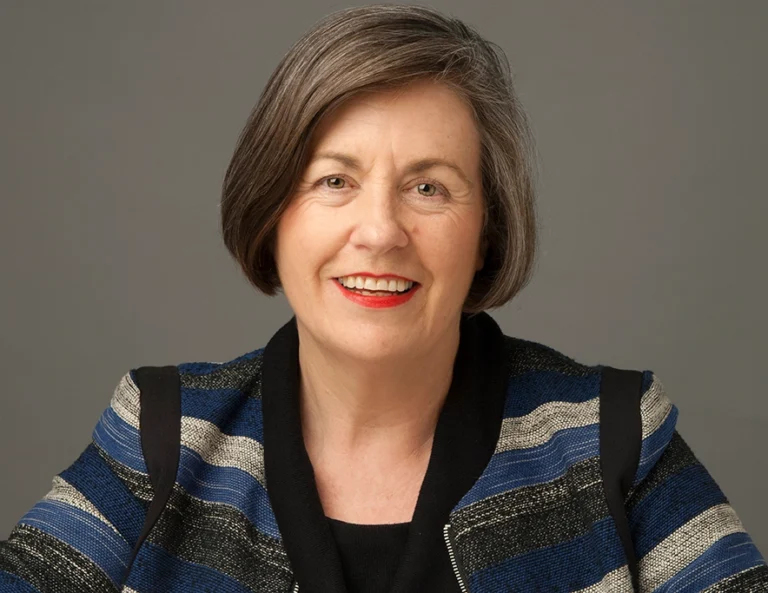On this Brexit fuelled Election Day taking place on the mid winter Full Cold Moon, I notice a familiar deep-seated feeling intensify in my body, which the English language does not have a word to describe. Melancholia touches on it, but this is different to a brooding gloominess.
Nostalgia may be a better description. Nostalgia comes from the Greek, nóstos meaning homecoming, and álgos, meaning pain or ache. We feel this pain or ache when we are away from home, or when we become caught up in yearning for a treasured time that has long passed. But again, this doesn’t quite touch it.
Some might call this feeling existential angst. ‘To live is to suffer,’ said the German philosopher, Fredrick Nietzsche. ‘To survive is to find some kind of meaning in the suffering.’ Finding meaning lies at the heart of existentialism. It is the belief that life has no purpose other than what we bring to it. Each one of us has the freedom to choose what actions we need to take to give our existence meaning and purpose, but at the same time we must learn to accept responsibility for the consequences of these choices.
But trying to attribute meaning and purpose to this feeling doesn’t soothe it either. Perhaps the nearest concept is the Welsh word, Hiraeth. Hiraeth is difficult to interpret because it goes beyond melancholia, nostalgia and even existential angst. It is about profoundly missing Home. Home, in this context, is not about a beloved person, bricks and mortar, a country, or even a continent. Rather, for me, this is the feeling which arises when I become acutely aware that I am just passing through this physical existence. My body is merely – although miraculously – a physiological vehicle which enables the transpersonal or spiritual side of who I am to experience life on Earth, while at the same time reminding me that my true Home is where I come from and where I will return to.
Personally, I believe this transpersonal part of who I am is formed by the existence of the spirit and soul. Spirit and soul are often referred to as the same thing, but many religions view them differently. Some traditions, such as Buddhism, do not believe in the existence of soul (for Buddhists there is no permanent self or soul) although along with most religions, it recognises the transcendent nature of spirit. For me, both spirit and soul exist, and each possesses different although profoundly interconnected qualities.
Spirit and soul
Spirit comes from Latin spiritus, meaning breath [of life]. Some people refer to the spirit as our internal flame, our higher being, our True Self. Others describe it as our guiding light, our source of Love and joy, our divine goodness, our Divinity. Although I am not religious, I call it my God within, and I experience this God within as constantly calling me to transcend the trivia and dramas of life so I can strengthen my connection to something so much greater than me.
‘Soul’, one the other hand, comes from Old English sáwol, originally meaning ‘coming from or belonging to the sea or lake’ (perhaps symbolic of our psyche or unconscious). Our soul, says Thomas Moore, theologian and author of Dark Nights of the Soul, needs a sense of home and loves to attach to life. I take this to mean that our soul is driven to experience life in any way it can, even if this means living under extreme duress or suffering the worst that humanity can imagine.
Our compulsion to stay alive is formidable

Certainly, our compulsion to be alive and stay alive is formidable. However, for me, this tension between the longing of my spirit for transcendence and my soul’s overwhelming desire to attach to life creates an inner friction that needs constant attention. When my spirit and soul are working in harmony, I feel engaged with life and able to take on whatever comes my way. When there is an imbalance – for me, this often happens during the darkest hours of winter – I can easily slip into the depth of hiraeth.
Rather than trying to fix it or run away from it, over the years I have learnt to sit with this longing for Home until it settles, because I now realise that during these moments I am being reminded of my mortality, and this comforts me. Accepting my mortality helps me to deeply respect and own the life I have come here to experience and to find ways to be of help to others. When my time comes, I want to know that no matter what trials I have faced, and whatever brokenness I may carry, I have done everything I can to contribute to making the world a better place, especially as we head into an increasingly turbulent unknown.
So, as I wait patiently for the return of the light this Winter Solstice, I give thanks to this inner friction between my spirit and soul that has been my constant companion since the day I was born. It has made me dig deep inside who I am to question the very purpose of life, to confront those moments of feeling utterly lost and alone, and to understand that life is full of profoundly existential lessons that we can choose to take on board or not. I am glad I have paid attention to this because it has given my life shape and meaning. It has also helped me to understand the disquieting feeling of hiraeth. In fact, these days when I feel hiraeth rising, a somewhat comic image appears in my mind of what may happen when my time comes. This image consists of my soul (now brimming with life learning) linking arms with my spirit (so eager to transcend) like two old comrades, ready to lead me across the threshold of Home and to whatever comes next.
And this is the simple truth – that to live is to feel oneself lost. He who accepts it has already begun to find himself, to be on firm ground. Instinctively, as do the shipwrecked, he will look around for something to which to cling, and that tragic, ruthless glance, absolutely sincere, because it is a question of his salvation, will cause him to bring order into the chaos of his life. These are the only genuine ideas; the ideas of the shipwrecked. All the rest is rhetoric, posturing, farce.
Soren Kierkegaard






